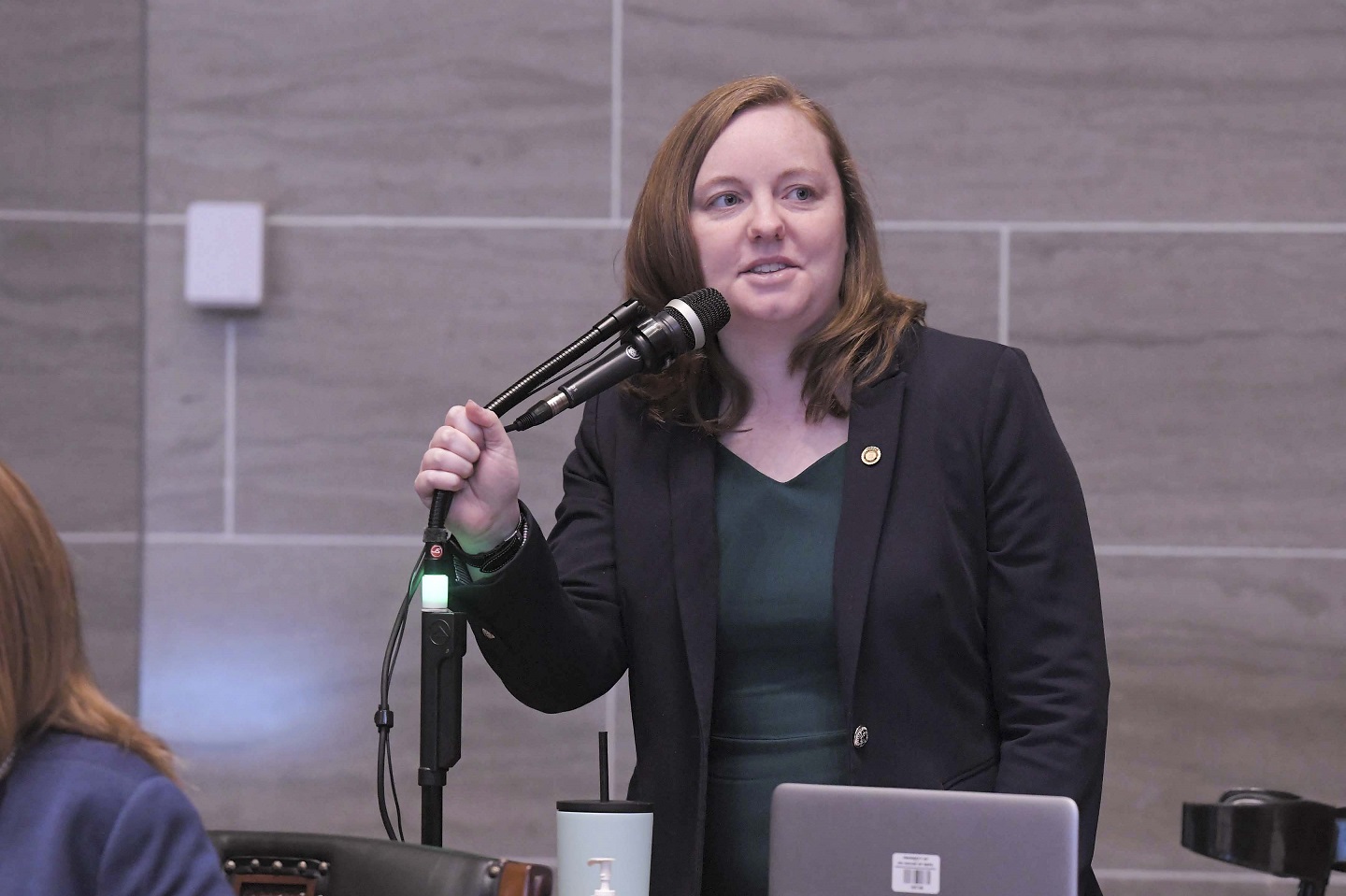Missourians living with disabilities could no longer have to reject raises and promotions, or even choose not to get married, in order to keep receiving needed state assistance, under legislation now awaiting the governor’s action.

Among legislation that was approved by the House and Senate last month was a provision to change the state’s Ticket to Work health insurance program within MO HealthNet. It would increase the limit on how much a person can earn before they lose benefits under that program. It would also not count up to $50,000 of a spouse’s income toward that limit.
Such state benefits provide to some Missourians with disabilities things like personal care attendants, medication, services, and equipment that allow them to have a job in the first place. Those Missourians must sometimes reject raises or promotions because the changes in income would not offset the benefits they would lose.
Another provision would require state agencies to use an “employment first” policy, directing them to recruit and keep employees with disabilities and create competitive ways to integrate them into workforces.
This legislation received broad, bipartisan support in both chambers. In the House they were carried by Springfield Republican Melanie Stinnett. She said legislators have been growing more aware of how state assistance programs designed to help Missourians are sometimes holding them back.
Representative Bridget Walsh Moore (D-St. Louis) lives and works with a disability, and has long advocated for these changes. She said these will yield, “immediate, tangible results that are going to benefit so many people.”

Stinnett is particularly excited about the provision to ease the limit on a spouse’s income, “So we’re not disincentivizing marriage for individuals with disabilities, which I think is really important.”
About that provision Walsh Moore mentioned a childhood friend of hers who developed lupus.
“She is still living with her long-time boyfriend. She couldn’t get married because she would lose her benefits because her boyfriend makes too much money but he can’t solely support her. She could get married later this year. That’s huge,” said Walsh Moore. “You hear all the time of people divorcing so they can deal with medical issues – just divorcing on paper so that they can handle whatever disease has come into their life. It’s awful.”
Supporters of the employment first language said it was long overdue and would allow Missourians with disabilities to work to their fullest extent, which benefits the whole state.
Stinnett said it is, “showing that Missouri really values individuals with disabilities in our workforce and wants them to have options for competitive, integrated employment within their communities.”
Walsh Moore, who had advocated for this legislation since being elected in 2020 and said it has been proposed long before that, said, “It’s very exciting to finally see it done … it didn’t get a hearing every year but every year it did, no one has ever testified against it and no one has ever voted against it.”
Governor Mike Parson (R) has until July 14 to act on Senate Bill 106 and Senate Bill 45, both of which contain these provisions. He could sign them into law or veto them, or let them become law without his action. If they become law, the provisions would become effective on August 28.


